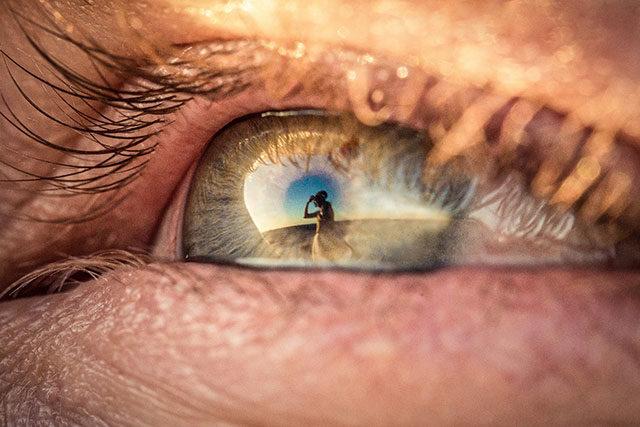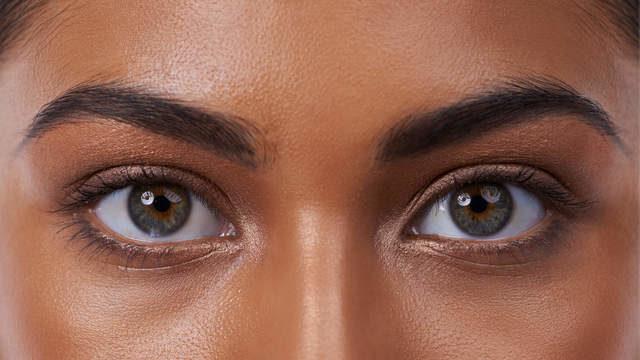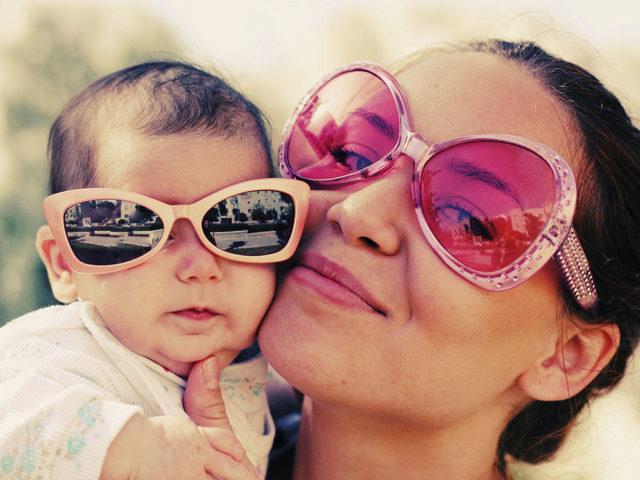Our eyes are one of the most important organs in our body, and sight is one of the most important senses that human beings possess. In today’s world, this is truer than ever before. Every waking second of our day, we use eyesight for everything from completing essential tasks to entertainment and even communication as it now revolves around texts/emails/videos, etc.
That’s why we should be taking good care of our eyes. And if you’ve already got glasses, no worries, ’cause you’re eyes aren’t beyond repair either!
Here are 5 important things to consider, and the dos and don’ts for better eyesight.

1. Food For Sight
A healthy diet geared towards bettering your eyesight is one of the most important things in getting crystal clear vision.
DO
a. Eat foods rich in beta-carotene like carrots, sweet potatoes, cantaloupe, etc.; they are especially good as they improve eyesight and correct vision.
b. Include foods that are good sources of Omega-3 fatty acids like nuts and oily fish (salmon, tuna, etc.). The fatty acids help strengthen your retinas and prevent age-related eyesight problems.
c. Eat foods rich in sulfur, lecithin, and cysteine such as garlic, onions, capers, etc. These help protect the lens of your eyes and prevent cataract formation.
d. Include leafy green vegetables like spinach and kale into your diet whenever possible.
DON’T
a. Eat sugary foods, as they can cause serious problems to your eyesight.
b. Drink! Alcohol has been found to damage the surface of the eyes, deteriorate night vision, and reduce quality of vision overall.

2. Limit Screen Time
The rays emitted off screens of TVs, computers, smartphones, etc. can be damaging to your eyes, therefore it’s important to take a few precautionary actions to ensure that the damage is minimal.
DO
a. Make sure to take regular breaks of 20 seconds per 20 minutes to look at something in the distance (say 20 feet), if you are in the habit of spending long periods of time staring at screens.
b. Use the lowest brightness level on your device whenever possible.
c. Download a blue-light filter on your smartphone. This will help filter the harmful rays emitted through the screen.
d. Blink more often to produce tears and keep your eyes hydrated. Furthermore, tears remove dirt and refresh your eyes.
DON’T
a. Watch TV, use the computer or smartphone up to two hours before bedtime.
b. Sit too close to your computer; about arm’s length away and the screen appropriately adjusted to be in the same level as you eyesight would be ideal.
c. Make the brightness on the screen too low or the font too small as to cause squinting. Adjust these factors to make reading easier.

3. Better Lighting & Air
Your eyes can get affected by harsh lighting, so it’s important to make sure that they always receive appropriate lighting. Similarly, the air and atmosphere of the environment you are in can also damage your eyes.
DO
a. Make sure to have the room softly lit at all times as fluorescent lights have been known to severely damage your eyes.
b. When you’re working on something, like writing or reading, make sure the light source is behind you or directed towards whatever you’re working on.
c. Use a humidifier to introduce moisture into your home or work space, as dry air can cause dry eyes.
d. Place yourself near an air vent or any source of natural breeze.
DON’T
a. Watch TV, work on the computer, or look at your smartphone in the dark.
b. Place yourself in a position where the light is shining directly towards you or your eyes.
c. Smoke! Smoking causes damage to your optic nerve, speedens the process of macular degeneration, and increases the risk of cataracts. Your eyes could also become inflamed from the smoke.

4. Corrective Lenses
To get better eyesight, it’s important to acknowledge and take care of existing and potential issues with your eyesight.
DO
a. Book an eye exam with a certified doctor if you have been facing problems with your eyesight.
b. Pick the right eyeglass for the right occasion. A regular pair of spectacles might help you with near-nearsightedness, but they won’t do much good outdoors in the hot sun.
c. Wear sunglasses to protect your eyes if you spend long periods of times out in the sun. Polarizing sunglasses are good to protect your eyes against UV rays and glare.
d. Use safety eye wear when taking part in sports like hockey, lacrosse, etc. Wear helmets with face masks when riding motorbikes, and goggles when swimming or dealing with airborne materials like gasses.
DON’T
a. Wear cheap quality sunglasses. They may look cool, but the cheap material they are made with can end up damaging your eyes more than helping it.
b. Wear your eyeglasses or lenses all the time. In order to get better, it’s important that your eyes get used to seeing without the help of them.

5. R&R
And last but not least, let’s talk about talking not overworking your eyes, because this can cause your eyes to weaken.
DO
a. Regular eye exercise.
– Rub your palms to create heat and place them against your eyes.
– Focus on an object. Move it closer and farther without looking away.
b. Give yourself a massage using your thumbs; namely your temples, the mid-point of your forehead, down the side of your eyes, below the eyes, and on both sides of the bridge of your nose.
c. Get sufficient sleep; a sound 8 hours would be perfect! This is the only time that your eyes truly rest, and it gives them a chance to repair and recover from damages.
d. Try and take a power nap of 20 minutes or so in the middle of the day. At the very least, try to power down and keep your eyes shut, head leaned back for 3-5 minutes while your clear your mind.
e. Wash your face and eyes with clean water to freshen up.
DON’T
a. Stay up late into the night working or watching TV.
b. Stay too focused on one activity for long periods of time. Make sure to take breaks and rest your eyes!




